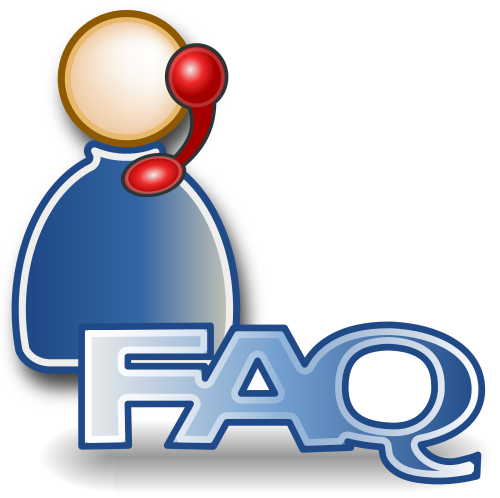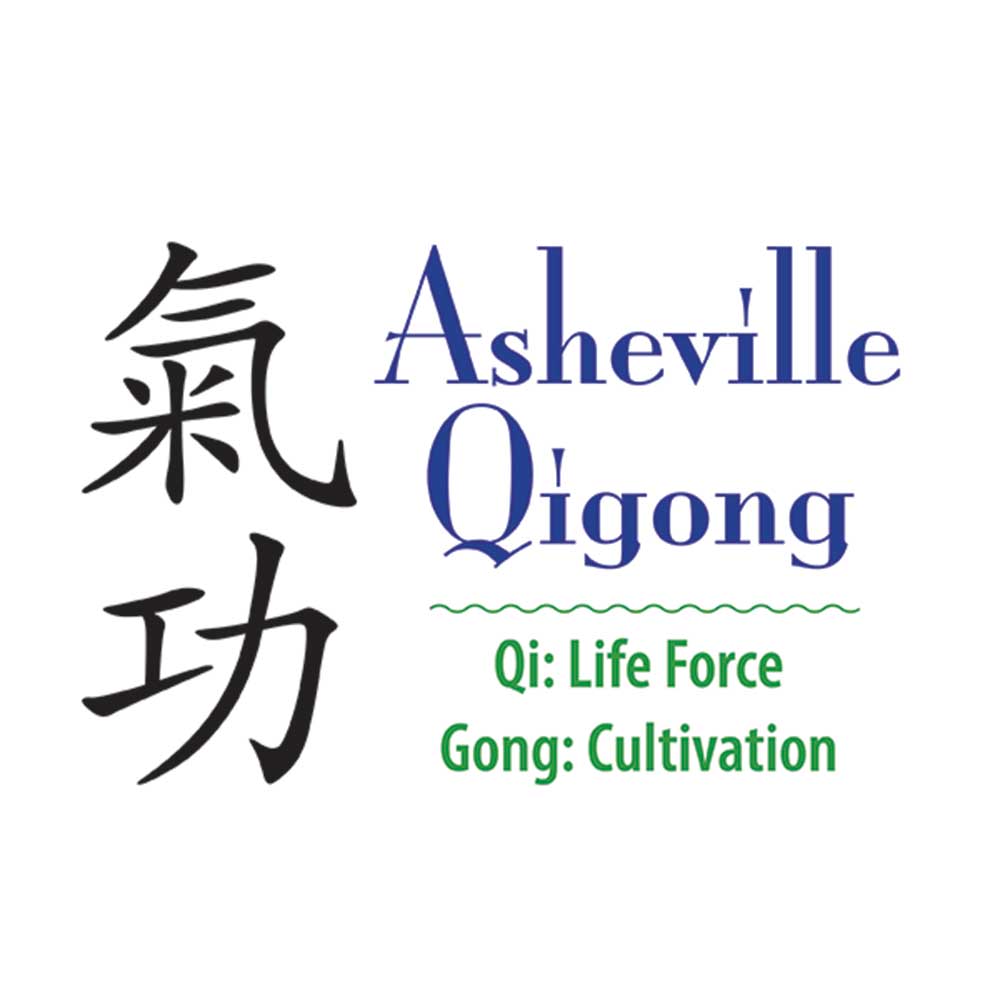
What is the difference between Qigong and T'ai Chi?
Qigong is the practice and cultivation of Qi, the life-force that permeates the universe and all living things. The Chi of T'ai Chi, is actually an entirely different word than Qi, although they sound the same and are sometimes when transliterated into English are even spelled the same (Chi Kung or Chi Gong) However, the Chi in T'ai Chi actually means ultimate balance and harmony.
Also Qigong is a very easily learned form where each movement is performed 8 or 9 times in succession, while there are many movements in T'ai Chi that flow smoothly one movement to the next so it may take longer to learn. Both are integral components of Chinese Medicine. While Qigong deals with feeling, cultivating and circulating Qi, T'ai Chi was one of the earliest forms of the Chinese martial art system.
Can I learn and practice Qigong if I am not physically fit or have a disability?
Yes, there are many forms of Qigong that can be practiced while sitting or even while laying on a mat or bed. All of the exercises that I will be teaching in the beginner and even intermediate level classes can be adapted to the fitness level of each student and can learned by even physically challenged students. I myself was attracted to Qigong to relieve the pain and increase my flexibility of my foot and ankle due to the birth defect Clubfoot. It worked!
What are the benefits of Qigong?
There are many proven health benefits that can be attained from the practice of Qigong. Of course, the key to achieving benefits depends on that word personal daily PRACTICE. If you diligently practice and give it a reasonable period of time you should achieve many of the benefits that have been documented over centuries in China. Qigong is one of the 5 components of Chinese Medicine along with Acupuncture, Herbal Remedies, Massage, and T'ai Chi. Many Chinese hospitals that are dedicated to treatment by medical Qigong are tremendously successful. Google it!
If I practice Qigong, will it supply all of my physical fitness needs?
The answer to that depends on your age, health and fitness level. The four components to physical fitness are Strength, Flexibility, Endurance and Body Leanness (your body's percentage of fat) So, if you are a relatively healthy individual, not considered elderly, it would probably be best to supplement the strength and endurance portions of your workouts with resistance or weight training as well as aerobic exercise. And if you are overweight for your height, diet may also be addressed. However if you are elderly, disabled, ill or recovering from illness, the movement of Qigong and the bearing of your body weight, may be enough for you.
What is this Qi that you refer to?
Well, Qi is difficult to explain exactly. But we can get close by calling it the life force that permeates all of life and travels through the human body following the meridians or pathways that have been explored and mapped in Chinese Acupuncture and Japanese Shiatsu. Many of the Acupuncture points are also accepted in Western medicine and mapped as Trigger Points addressed in some types of massage or injected by M.D.s to alleviate pain. Recently they have begun to be treated by Physical Therapists with 'Dry Needling' techniques. If you decide to take a Qigong class, you will probably be able to start feeling Qi within several classes and will come up with your own explanation of the sensations that you feel.
How much do I have to practice to feel results?
Well that, of course depends on the individual. A daily practice of 15-30 minutes could be sufficient for someone who is truly intent on achieving results. However, if you practice while multi-tasking, listening to the news, answering texts, or talking on the phone. It's not going to happen for you. But seriously, some of the techniques are so simple, if you practice one exercise that feels good to you, or even visualize the energy pathways and Qi circulating along the energy channels you can feel it, Results will vary from person to person.
